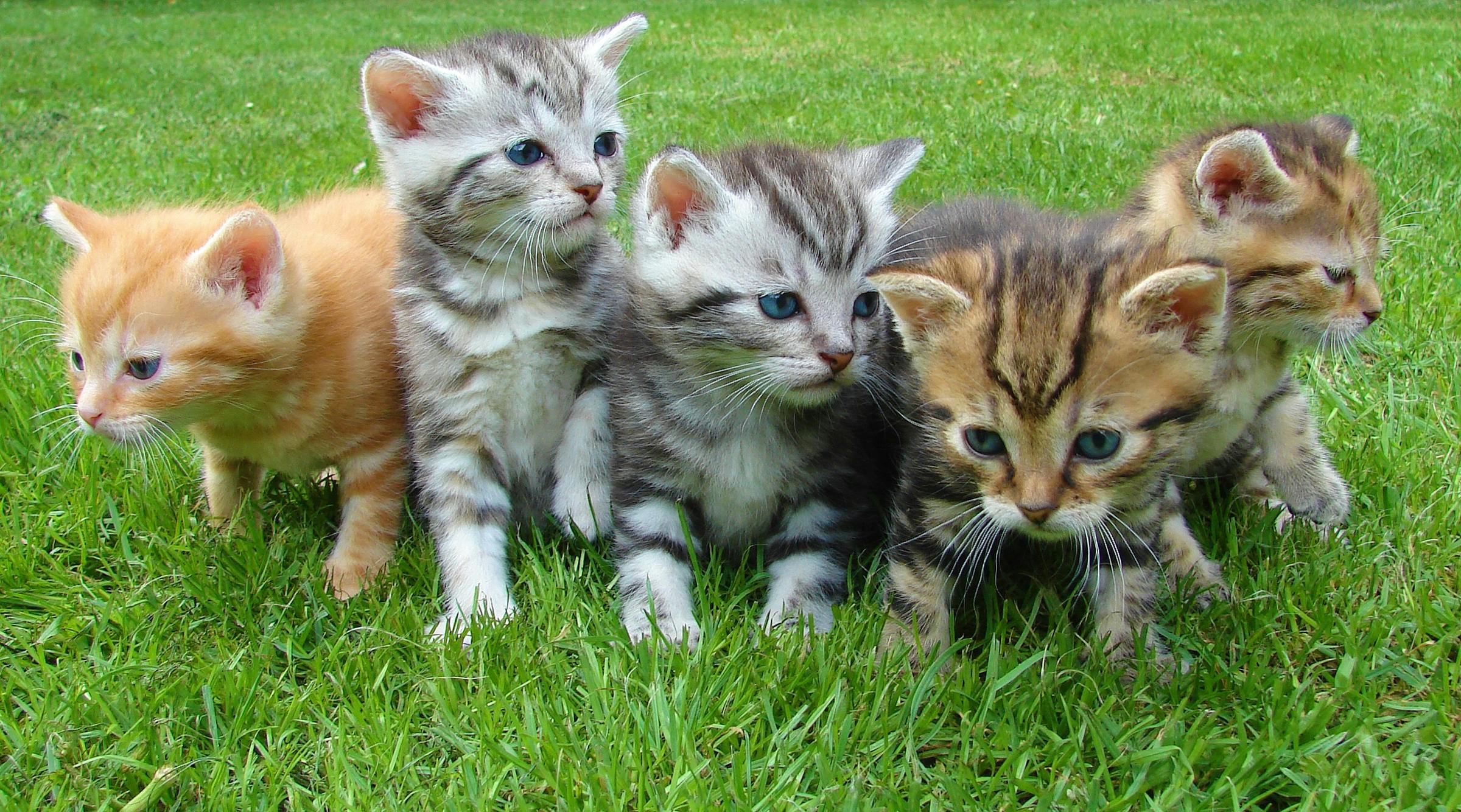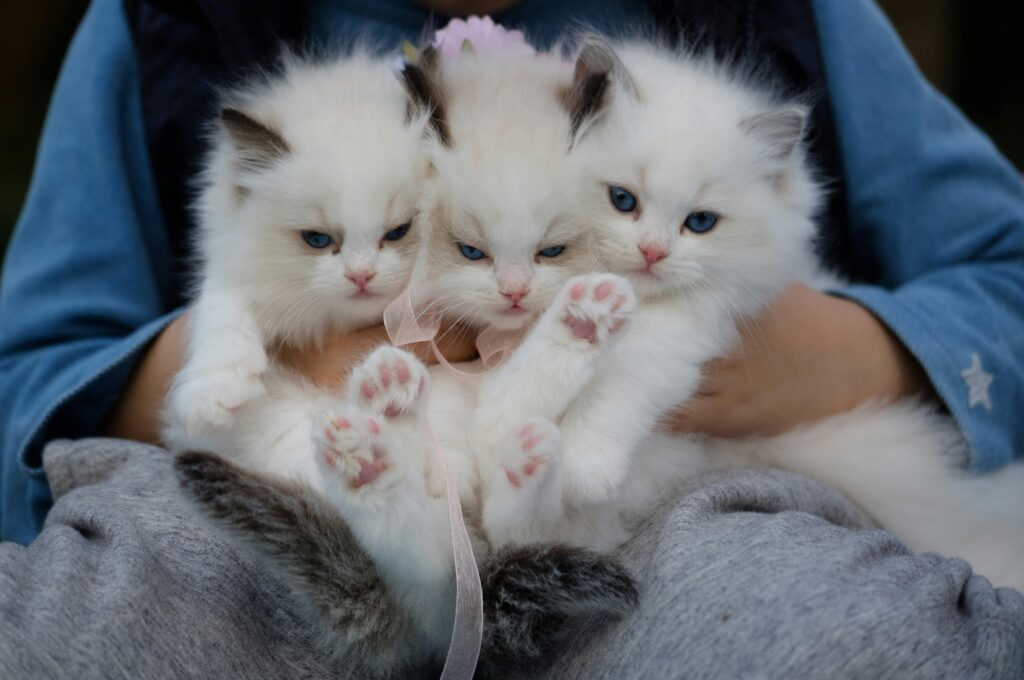Discover 10 fascinating facts about kittens, from their unique biology to quirky behaviors! Learn why they’re born with blue eyes, how they communicate, and tips for care. Perfect for aspiring cat parents! 🐾
1. A Group of Kittens Is Called a “Kindle”
While adult cats form a “clowder,” kittens are collectively known as a kindle. This term, rooted in Old English, reflects their bundled energy and warmth, much like a group of stories in an e-reader!
2. Kittens Are Born with Blue Eyes—But They Might Not Stay That Way
All kittens open their eyes to reveal blue-gray irises. By 3–6 months, melanin production determines their permanent eye color—though some breeds, like Siamese, retain their baby blues.
3. They Can’t Taste Sweetness
Unlike humans, lack taste receptors for sweetness due to their carnivorous nature. Research shows they show no preference between sweetened and plain water—so skip the sugary treats!
4. They Sweat Through Their Paws
Kittens regulate body temperature through their paw pads, leaving tiny damp footprints on hot days. Their limited sweat glands make grooming and napping in shade essential for cooling down.
5. Spring Is “Kitten Season”
Most kittens are born in spring, leading to a surge in shelters. While adorable, this season strains resources—spaying/neutering as early as 8 weeks helps curb overpopulation.
6. They Need Help Using the Bathroom
Newborn kittens rely on their mother’s grooming to stimulate urination. Orphaned kittens require gentle wiping with a warm cloth—a critical step for their survival.
7. Their Purrs Have Healing Powers
A kitten’s purr vibrates at 25–140 Hz, a frequency linked to bone and tissue repair. This self-soothing mechanism also reduces stress in humans—a win-win for cuddle sessions!
8. They Have a “Preferred Paw”
Like humans, kittens favor a dominant paw for tasks. Studies show they consistently use one paw for eating or stepping into litter boxes—though true ambidexterity is rare.
9. Their Sense of Smell Is Superhuman
With 200 million scent receptors (vs. humans’ 5 million), they navigate the world through smell. Their vomeronasal organ detects pheromones, helping them bond with mothers and avoid threats.
10. Early Socialization Shapes Their Personality
Kittens soaked up experiences like sponges until 12 weeks. Handling them gently, exposing them to noises, and teaching scratching posts early ensures confident, friendly adults.
Why These Facts Matter for Kitten Care
Understanding these quirks helps you provide better care. For example:
-
Avoid milk: Kittens lose lactose tolerance after weaning—stick to water to prevent digestive issues.
-
Scratch-friendly surfaces: Redirect clawing to posts instead of declawing, which causes lifelong pain.
-
Adopt older kittens: Waiting until 12 weeks ensures they’ve learned social skills from their mother


